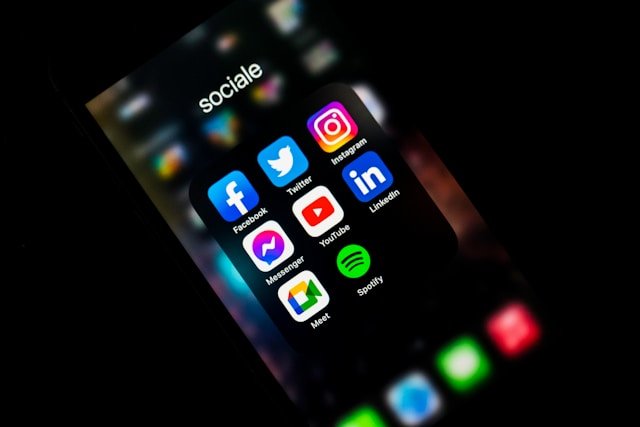The federal government says about 13,597,057 social media accounts have been shut down in Nigeria for offensive content and violations of the Code of Practice for Interactive Computer Service Platforms.
The accounts were linked to activities on platforms such as TikTok, Facebook, Instagram, and X (formerly Twitter). According to officials, the action followed reports submitted by Google, Microsoft, TikTok and other operators to Nigerian regulators.
The compliance records showed that beyond account shutdowns, about 58,909,112 offensive posts were also taken down across platforms in 2024.
Code of Practice 2024
The move comes under the Code of Practice 2024, jointly issued by the Nigerian Communications Commission (NCC), the National Information Technology Development Agency (NITDA), and the National Broadcasting Commission (NBC).
A compliance document submitted to the government was titled: “Code of Practice 2024 Compliance Report Highlights Social Media Platforms’ Efforts on Online Harm Protection.”
In a statement issued on Wednesday, the Director of Corporate Communications and Media Relations at NITDA, Hajiya Hadiza Umar, said the Code of Practice had become a major tool in controlling harmful content online.
She explained that about 754,629 user complaints were registered during the year. Out of this figure, more than 420,439 contents were taken down and later re-uploaded after appeals by users.
“The compliance reports provide valuable insights into the platforms’ efforts to address user safety concerns in line with the Code of Practice and the platforms’ community guidelines,” she said.
Push for Safer Digital Space
Hajiya Umar commended platforms like Google, Microsoft, and TikTok for working with Nigerian authorities. She described the submission of compliance reports as “a significant step towards fostering a safer and responsible digital environment for Nigerian users.”
She added: “It also demonstrates the platforms’ commitment to ensuring a secure and trustworthy online environment for all.”
According to her, the Code of Practice requires large service platforms to register in Nigeria, comply with local laws, meet their tax obligations, and maintain systems that protect Nigerian users from harmful content.
NITDA, she said, will continue to work with civil society, regulators, and industry leaders to “strengthen user safety measures, enhance digital literacy, and promote trust and transparency in Nigeria’s digital ecosystem.”
Online harm remains a global challenge. Reports by the World Bank note that digital safety and literacy are key to sustainable growth in emerging economies.
Rate, Like 👍, Comment💬, share this article, Follow us on our social media handles, and Submit your own story to get featured and earn rewards!







